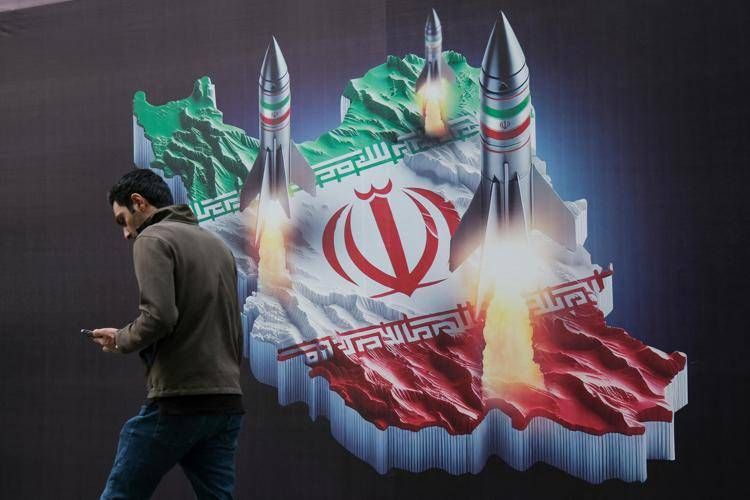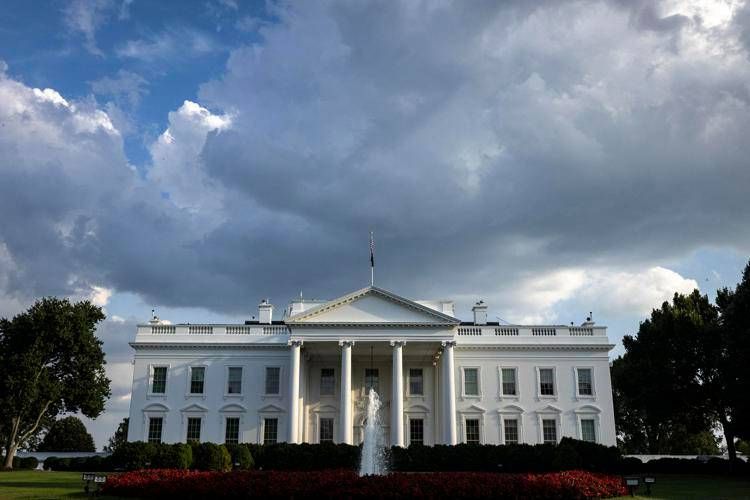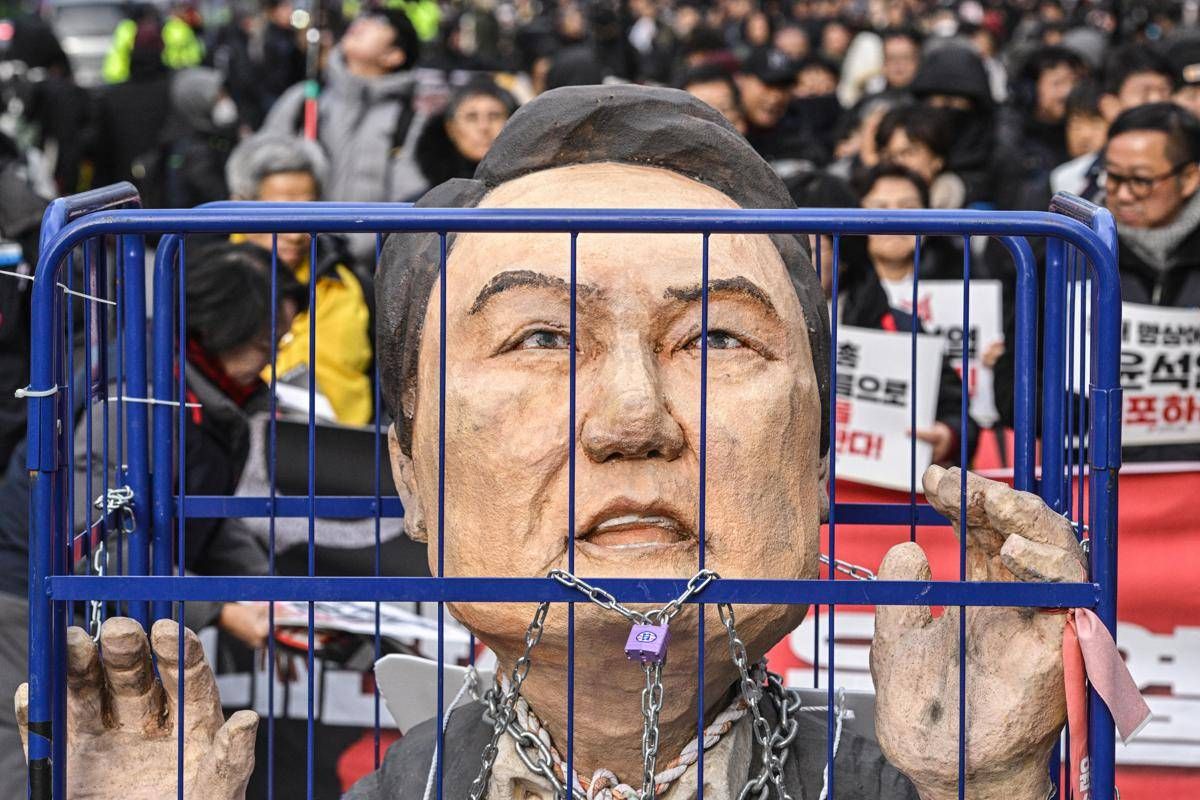
South Korea: New Impeachment Vote for President Yoon Suk Yeol
-
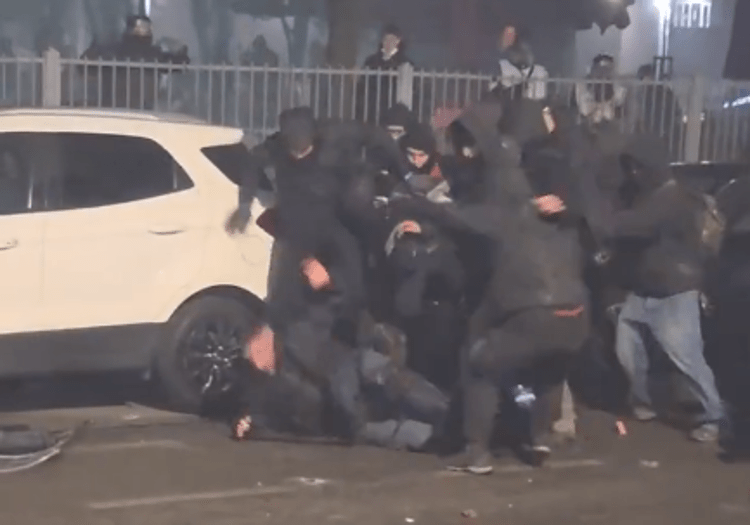

Video shock, poliziotto aggredito negli scontri di Torino
-


Alberto Trentini e Mario Burlò sono in Italia dopo la liberazione VIDEO
-
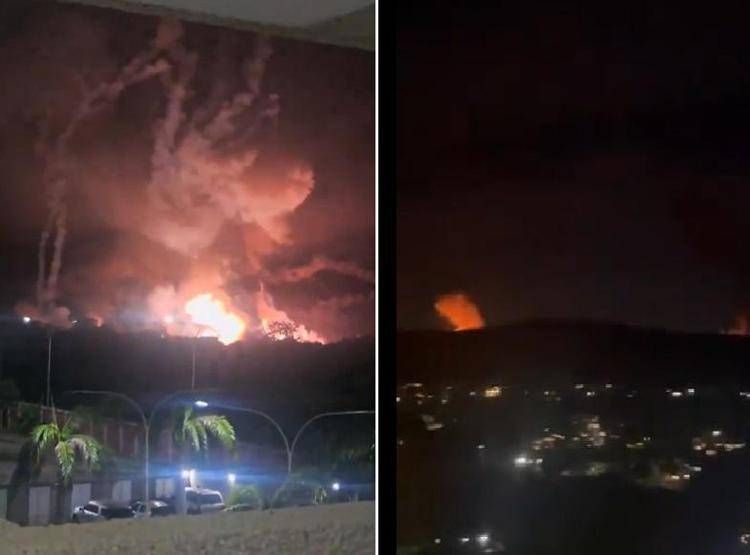

Overnight explosions in Caracas hit military area, widespread power outages reported VIDEO
-


Attacco Usa in Nigeria contro l’Isis, Trump: “Risposta al massacro di cristiani” VIDEO
South Korean Parliament is preparing for a new decisive vote on the impeachment of President Yoon Suk Yeol, who is accused of insurrectionary acts for imposing, and then withdrawing, martial law in the country
Today, 14 December 2024, the South Korean Parliament will reconvene to vote on the impeachment motion against President Yoon Suk Yeol. The office of the President of the National Assembly has brought forward the plenary session to 4pm local time (8am in Italy) to allow for broad discussions and consultations among deputies, given the seriousness of the issue. This represents a crucial moment for the country’s democracy, which is going through a political crisis of great national importance.
The Failure of the First Vote and the New Opposition Opportunity
Last Saturday, a similar motion had been rejected due to a boycott by the ruling People Power Party, which prevented the necessary quorum from being reached. The impeachment against Yoon stemmed from his decision to impose martial law, an extraordinary measure that raised great concern and tension in the country. The leader of the opposition, Lee Jae-myung of the Democratic Party, appealed to the ruling party’s deputies, reminding them that ‘history will remember’ their choice and asking them to support the vote to remove Yoon from office.
The opposition needs at least 200 votes, which requires the support of eight ruling party MPs, to approve the impeachment. The opposition leader urged MPs to consider their responsibility to South Korean citizens, saying: ‘What you must protect is neither Yoon nor the ruling party, but the lives of the people crying in the streets.
The Charges Against Yoon: Insurrectionary Act or Defence of Democracy?
Yoon Suk Yeol is accused of ‘insurrectional acts undermining the constitutional order’ for imposing martial law in the country. Although he offered a public apology last Saturday, promising that he would not take similar measures again, his stance hardened in the days that followed. During a public statement on Thursday, Yoon denied all the accusations and said he would not resign, defending his decision to impose martial law as a necessary act to ‘protect democracy’ and counter what he called a ‘parliamentary dictatorship’ of the opposition.
Yoon said that even if he is impeached or investigated, he will not change his position: ‘I will fight to the end,’ he said, insisting on the legitimacy of his action to prevent a democratic collapse.
Special Prosecutor to Investigate Accusations and Dismissals of Senior Officials
Parallel to the impeachment vote, the South Korean National Assembly passed a bill to establish a special prosecutor to investigate insurrection charges against President Yoon. This marks a further step in the investigation into the head of state’s actions.
Parliament also approved the dismissal of Justice Minister Park Sung Jae and National Police Chief Cho Ji Ho. Both are accused of supporting the enforcement of martial law imposed by Yoon. Park Sung Jae, in particular, attempted suicide while in prison. The motion against the Minister of Justice represents an unprecedented event in South Korea’s constitutional history, and was passed with 195 votes in favour and 100 against. Similarly, the dismissal of the police chief received 202 votes in favour and 88 against.
THE LATEST NEWS
(Photo: © AndKronos)
-

 Meteo16 ore ago
Meteo16 ore agoMaltempo in Italia: allerta arancione in Calabria, frane e allagamenti gravi
-

 News19 ore ago
News19 ore agoL’indagine per la morte della bimba di Bordighera: indagato anche il compagno della madre
-
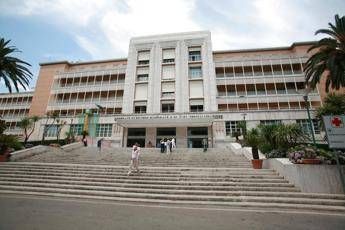
 Flash19 ore ago
Flash19 ore agoTrapianto di cuore fallito al Monaldi di Napoli: bimbo resta grave
-

 Primo Piano19 ore ago
Primo Piano19 ore agoTrump ordina anche dispiegamento portaerei USS Ford nel Golfo Persico






